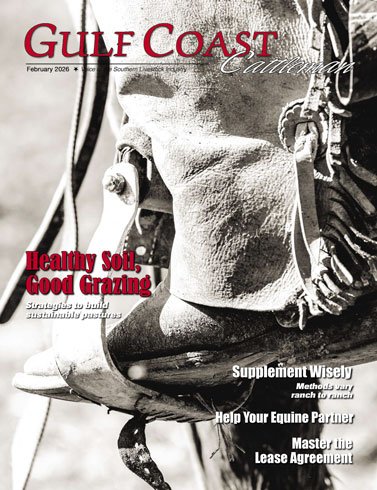Congress repeals COOL, makes Section 179 tax deductions permanent
by Burt Rutherford, BEEF
Some will consider it a bigger Christmas present than others, but nearly everyone in agriculture has praise for the $1.15 trillion Omnibus Appropriations Bill that passed both chambers of Congress Friday, Dec. 18 and was signed into law by President Obama.
Among the groups calling the bill a victory for cattle producers is the National Cattlemen’s Beef Association (NCBA), largely because the measure repeals country-of-origin labeling (COOL).
“COOL has plagued our industry for many years now, costing us millions and driving us to the brink of retaliation from two of our largest trading partners,” says NCBA President Philip Ellis. “Cattle producers have had to bear the cost of this failed program for far too long, and we commend the leadership of Senate Agriculture Committee Chairman Pat Roberts, House Agriculture Committee Chairman Mike Conaway and Representative Jim Costa (D-Calif.) for ensuring the United States is brought back into compliance with our trade obligations.”
The National Farmers Union (NFU) , on the other hand, had more reserved praise for the bill, offering “tepid approval” of Congress’ work to fund the government and extend important tax credits.
“While stability is important and the number of riders was minimized, valuable programs such as country-of-origin labeling, a popular provision for both producers and consumers, were wiped off the books as part of this backroom deal,” NFU President Roger Johnson says. “Increases in spending levels in some program areas we also an important step forward, but reductions in other programs was a disappointing step back,” Johnson says.
Both leaders, however, praised passage of tax extenders legislation. That measure permanently extends Section 179 deductions at $500,000, up from $25,000 previously. Bonus depreciation is set at 50% for property acquired during 2015, 2016 and 2017 and phases down, with 40% in 2018, and 30% in 2019. Additionally, the conservation easement tax credit is made permanent.
Other aspects of the Omnibus Spending bill important to cattle producers include continued Congressional oversight to ensure the 2015 Dietary Guidelines for Americans are based on the latest nutritional evidence and remains within the scope of nutrition and health.
Additionally, Ellis says the bill requires a more stringent regulatory process for allowing beef imports from regions with a history of animal disease outbreaks. “America’s cattle producers are strong supporters of trade,” says Ellis, “but we must have strong safeguards in place and do our due diligence to ensure the health and well-being of our domestic herd is not sacrificed.”
Continued assurance on several environmental regulations is also maintained in the bill. Specifically, the bill keeps the Environmental Protection Agency in check by continuing to prohibit the agency from requiring livestock producers to obtain Clean Air Act permits or report greenhouse gas emissions on livestock operations. Unfortunately, EPA’s Waters of the United States (WOTUS) rule is not addressed in the omnibus. However, the nationwide stay is still in place currently, and NCBA will continue to push back on the rule through the courts.

